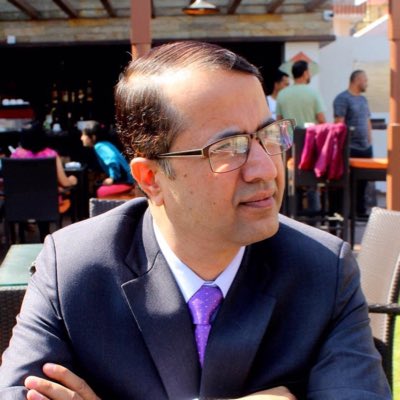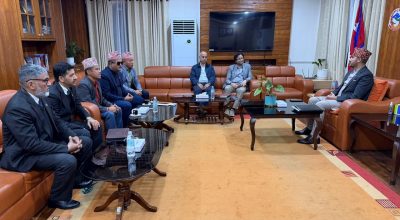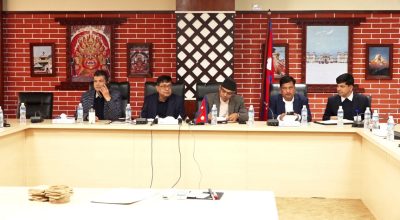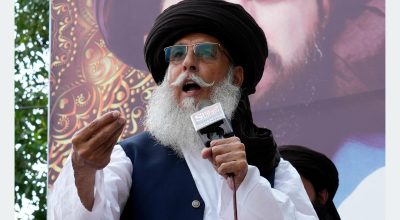
Dr Rabindra Pandey
KATHMANDU: The current coronavirus infections are highly contagious. The previously reported coronavirus was transmitted from one person to four or five, but the new strain is now thought to infect more than 30 people. Due to which the mortality rate increases automatically.
The number of infections is increasing day by day in Brazil, UK, India and other countries. We have stopped testing covid-19 in the community. Sample testing is needed in the community. The state of quarantine and isolation is also critical. We cannot see proper management. The risk of infection has increased recent days because Indian nationals have been choosing Nepal’s rout to go Gulf countries for work.
If tested in the community, more than 10,000 people can be found infected in Kathmandu alone. Expert friends estimate that this number may be more than 20,000. How do schools operate in such a situation? Student’s health or education? No doubt, the first priority is health. There are no symptoms of this deadly infection but covid pneumonia will lead to ICU.
It is very difficult for students to follow the standards. They don’t use mask properly, and toilets, canteens, school premises are all at risk from all sides. If the number of infections increases at today’s rate, the number of newly infected people will reach more than 15,000 in June and July, while it is estimated that 600,000 people will be infected by the end of the year.
The influence and pressure from PABSON and NPABSON, two private school umbrella organizations, on school operations can be clearly visible in the Ministry of Education and Sports. The directive of Kathmandu Metropolitan City is even more irresponsible. There is no point in closing a school for a week. It must be closed for three weeks. Is it permissible to give irresponsible instructions such as stopping the infection? What will be the condition of the house and community if the infection spreads in the school? Let’s not risk anyone’s health.
In this case, I can not send my children to school. Parents also have a responsibility to teach through alternative means. Let’s monitor whether the children have studied according to the subject given by the school. Let’s all face the disaster together. Let’s not open schools immediately so that the infection does not spread from house to house through children.
Schools also need to make long-term plans for alternative education as the situation may become more difficult than in the past. So far no vaccine has been prepared for children. The vaccines currently in use are for those over 18 years of age. Vaccines for children are being tested in the United Kingdom and the United States, but even those vaccines take more than a year to come into practical use.
Although Moderna and AstraZeneca have been engaged to develop vaccines for children as well. Instead, parents should get the currently available vaccines. Even when parents get vaccinated, the house is very safe. Vaccines currently being used in Nepal have not shown any bad symptoms, they can be used with confidence. So let’s not play games on health, let’s be vigilant.
––
Public Health Expert Dr. Pandey expressed his views in a virtual discussion of the parents of The Excelsior School in Swayambhu, Kathmandu.














